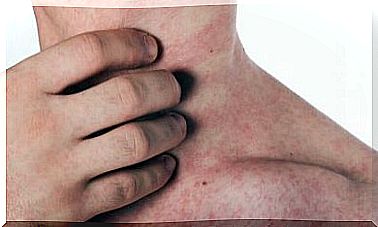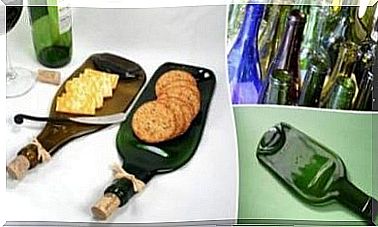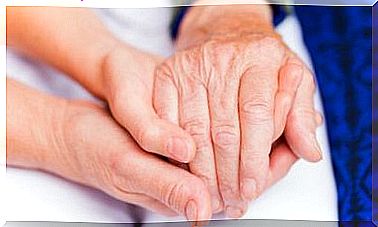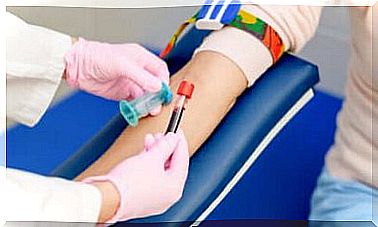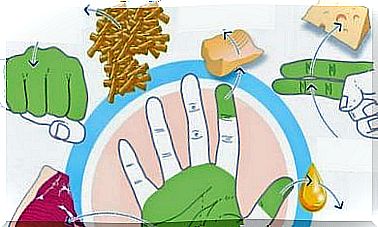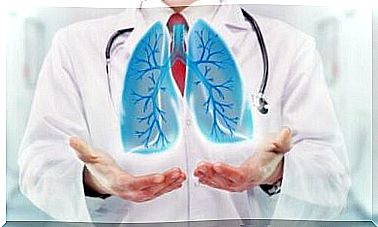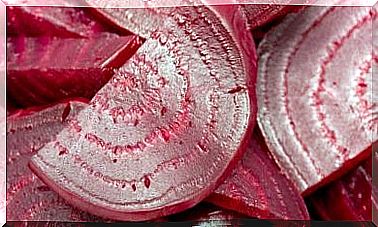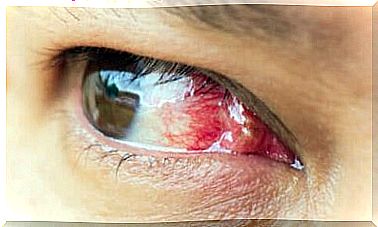Diet To Avoid Osteoporosis
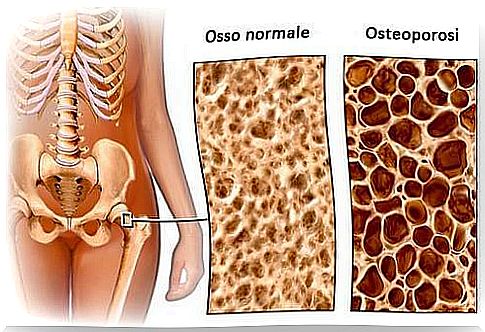
To prevent and avoid osteoporosis it is important to follow some dietary guidelines. Here are some tips that would be good to follow.
L ‘ osteoporosis is a condition that occurs when the bone loses consistency and thickness, which makes it susceptible to fractures and injuries. All bones can be affected by this problem, so it is very important to take the necessary precautions to avoid it.
Doctors agree that women are more likely to suffer from osteoporosis, since their bones are thinner and have a lower density; in addition, the hormonal changes that suffer with menopause can cause a decrease in bone density. The diet to avoid osteoporosis must contain:
Calcium to avoid osteoporosis
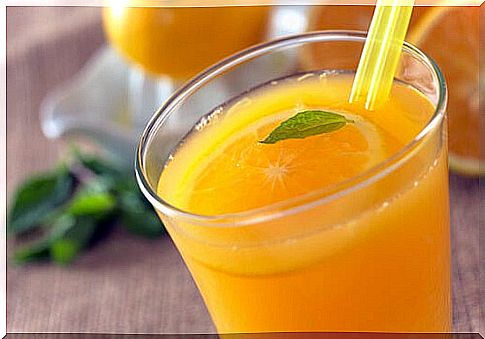
When we want to prevent or treat osteoporosis, the most important nutrient is calcium. We know that bones are made up largely of this mineral, but calcium is also vital for other bodily functions such as muscle movement, nerve work, and immune protection.
If our diet is not healthy and balanced, the body can use the bones as a calcium reserve. Not eating healthy sometimes isn’t a serious problem, but try to get back to good habits in the following days.
In this case, it is enough to ingest a little more calcium to replace that extracted from the bones. However, if our diet is very low in calcium, the body can continue to obtain calcium from the bones, but sooner or later this will lead us to suffer from osteoporosis and its consequences.
By the age of 30, our bones reach their greatest strength and density. For this reason it is important that children and adults consume the necessary calcium.
As women reach menopause, their bone density decreases due to the hormonal changes characteristic of this stage. This eases osteoporosis and therefore calcium consumption becomes vital.
The ideal is to consume between 1000 and 1200 mg of calcium per day. Although there are numerous food supplements that contain it, it is important to take it through natural foods.
If you take supplements instead, be careful not to exceed 2500 mg, as an excessive dose could cause kidney stones and difficulties for the body in absorbing other minerals.
Foods richest in calcium are canned sardines, eggs, dried figs, oranges, chickpeas, clams, carrots, pine nuts, onions, calcium-enriched tofu, low-fat milk , etc.
Vitamin D
Although calcium is necessary, without vitamin D it is useless in fighting osteoporosis. Vitamin D facilitates the distribution of calcium to all parts of our body that need it, including bones.
Without enough vitamin D, children’s bones can lose weight and texture. Lack of vitamin D in adults leads to the body getting the calcium it needs from the bones, without giving it back. All this facilitates the onset of osteoporosis.
The recommended amount of vitamin D is 800 IU per day. The best foods to find this nutrient are salmon, sardines, enriched milk, soy milk, enriched yogurt, egg yolk, and champignon mushrooms.
Avoid osteoporosis thanks to magnesium
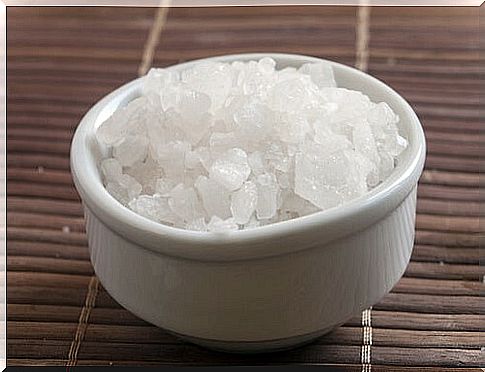
Magnesium performs numerous functions within our body, one of which is to aid in the absorption of calcium. Some scientific studies have shown that adequate consumption of magnesium increases bone density and leads to a decrease in the appearance of osteoporosis and fractures.
Generally, food supplements rich in calcium and vitamin D also contain magnesium. Although this facilitates its assimilation, it could cause intestinal discomfort.
However, it is not necessary to consume supplements; just add a few foods to your daily diet: pumpkin seeds, spinach, sunflower seeds, almonds, white potatoes, beans, peanuts and peanut butter, wholemeal bread and sesame seeds.
Potassium
Potassium facilitates bone formation, improves calcium balance, increases bone mineral density and reduces bone wear caused by metabolic acids.
A study carried out with 3,000 pre-menopausal and post-menopausal women showed that those who were still menstruating and increased potassium consumption also increased bone mineral density by 8%.
Although scientists have reported that this effect was also due to the natural properties of fruit and vegetables, it is clear that potassium is an ally against osteoporosis.
Foods rich in potassium are: white potatoes, yogurt, soy, fish, avocado, bananas, lettuce, spinach, melon, pumpkin, milk, carrots, lentils, fish, papaya, pistachio, soy milk, watermelon, tomato, mushrooms, raisins, peanuts, almonds, oranges, broccoli, sunflower seeds, etc.
Vitamin K
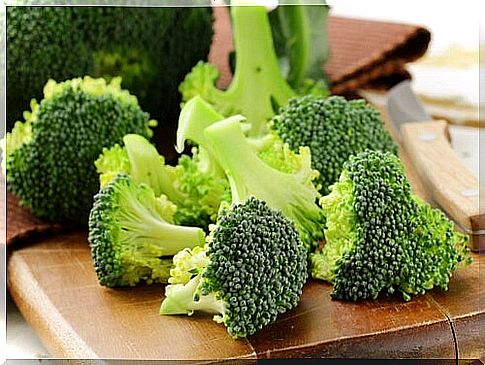
Vitamin K is essential in the formation of osteocalcin, a protein found only in bones. It has been found that those who consume vitamin K in high quantities are less likely to suffer from fractures and osteoporosis. It is important to consume enough vitamin K, but consult a doctor before resorting to food supplements.
Foods that contain vitamin K are spinach, chard, kale, endive, mustard, lettuce, broccoli, parsley, Brussels sprouts, watercress, asparagus, etc.
Proteins
Many believe that protein increases the risk of osteoporosis as the more protein you consume the more calcium is excreted in the urine. However, scientific research has determined that it is the excess protein that is a problem, not the protein itself.
The clear thing is that protein is a key building block for bone strength. This nutrient is present in foods that must be consumed if you want to have strong bones: meat, fish, eggs, beans, lentils, soy and nuts.
Make sure that foods high in fat are consumed in smaller quantities or in lighter versions : low-fat milk, cheese and yogurt.
The diet to avoid osteoporosis should not be too rigid or too different from what you are used to. As you can see, a well balanced diet can provide you with all the minerals and nutrients you need to keep your bones healthy.
